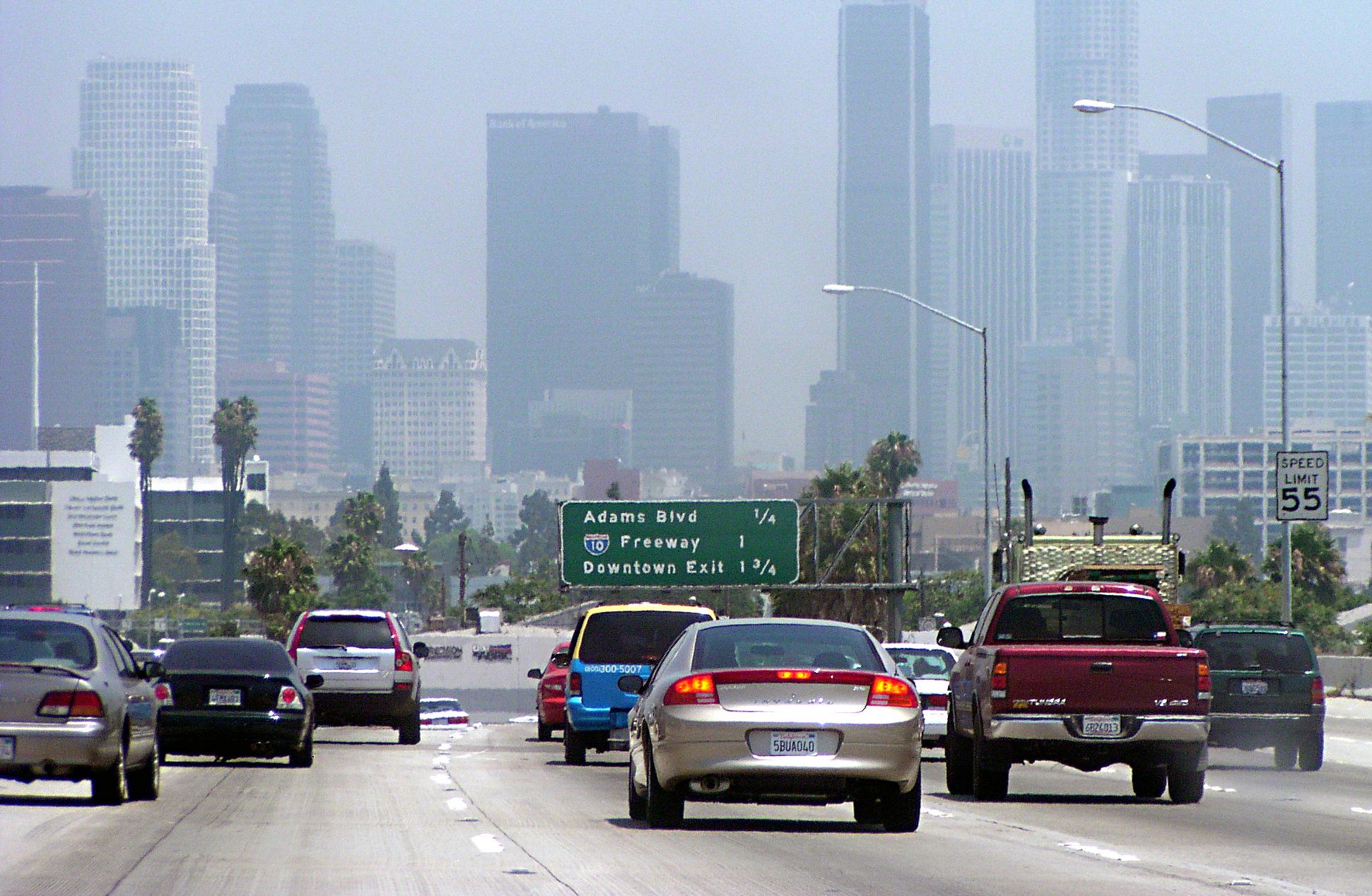Earlier this month, the National Highway Traffic Safety Administration proposed a new rule requiring automakers to install event data recorders, known as EDRs or black boxes, in all light passenger vehicles. While the rule would expand the number of vehicles equipped to record critical information in the moments preceding a crash, that alone won't aid investigations of traffic deaths or strengthen cases against reckless drivers. For black boxes to help get to the bottom of pedestrian and cyclist fatalities, changes to local crash investigation procedures and to EDR technology itself need to happen as well.
Most cars already have black boxes. They’ve been around since 1996, and NHTSA says about 96 percent of 2013 models have them. The agency wants to make that 100 percent, starting in September 2014.
Black boxes on airplanes get more press than those in cars, since they’ve helped piece together the factors behind some high-profile plane crashes. In cars, event data recorders can tell you how fast the vehicle was going, whether the brake was activated, the force of the crash, the state of the engine throttle, when the airbag deployed, and whether a vehicle occupant’s seatbelt was buckled.
All good information. But black boxes don't always work if it was a pedestrian or a cyclist who was struck.
Event data recorders are part of the airbag safety system. They’re what tells the airbags to deploy. And if the crash isn’t forceful enough to trigger the airbags, the EDR doesn’t record the data.
James Harris of Harris Technical Services, which provides expert reconstruction of traffic crashes, says black boxes “have been known to” record crashes with pedestrians, but “it’s not absolute.”
Sensors mounted around the edge of the car might detect a person there, but if the crash isn’t forceful enough to set off an airbag deployment, the black box probably won't record it.
“If their body makes contact with the front of the car near one of the forward sensors – ah! Now you might have a record started,” Harris told Streetsblog. “They’re not designed for that necessarily. What we’re looking at are forces.”
It's yet another vulnerability that comes with being a "vulnerable street user." Flesh and bone -- or even a bike frame -- often won't cause a severe enough impact to register with the black box. Harris said a bigger, heavier vehicle, like a Lincoln Continental, while being more likely to cause damage, is actually less likely to record a crash with a pedestrian or cyclist because of its greater mass relative to the victim. Meanwhile, the NHTSA rule doesn’t encompass heavy trucks or buses, which aren’t required to have black boxes installed.
When it comes to using black box data in crash investigations and reckless driving prosecutions, much needs to happen at the local and state level before the technology is consistently applied to hold dangerous drivers accountable. In cases where EDRs do record a crash involving a bicyclist or pedestrian, police and district attorneys rarely use the information.
NHTSA was careful to specify that black box data belongs to the car owner. Even if the car is sold, the data remains the property of the person who owned the car at the time the event was recorded. For law enforcement agencies to get a look at a vehicle’s black box, they first need to obtain a subpoena. In addition, 10 states have passed laws limiting the use of black box data.
Attorney Steve Vaccaro represents crash survivors and victims' families in New York and routinely runs into obstacles when he asks district attorneys to obtain black box data. "I don't have any cases where I've gotten it, and I don't think it's used very much at all," he said.
While black box data has been used to secure convictions, these cases are rare. Law enforcement needs to open up the black box quickly to retrieve the relevant data, but police tend to give low priority to investigating vehicular deaths.
Delays can compromise investigations, since black box information is usually overwritten soon after a vehicle is operated again. Vaccaro cited the death of Clara Heyworth, where NYPD botched nearly all aspects of the investigation, as a case where EDR data was overwritten. NYPD had released the driver, with his car, less than 24 hours after the fatal crash.
Politically, the main objection to increased use of event data recorders concerns privacy. Massachusetts Democrat Michael Capuano, for instance, regularly introduces legislation in the House that would allow drivers to turn off EDRs.
These concerns are overblown. Black boxes only record a few seconds of data before and after a crash. They don't record conversations or, for that matter, note every time a motorist commits a traffic violation.
But in an age when surveillance cameras are commonplace, Vaccaro said, any useful data captured by EDRs tends to remain a "black box" that police and prosecutors won't crack. "It seems so misguided to create this roadblock to accountability," he said.
For now, the NHTSA rule will lead to more universal use of EDRs to detect automobile malfunctions that could lead to a recall, but until the technology is refined and local law enforcement gets serious about crash investigations, black boxes won't be a widespread tool to help crack down on one of the nation's leading causes of death.






